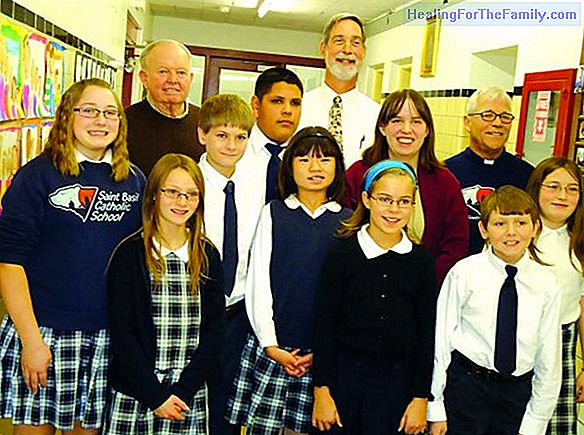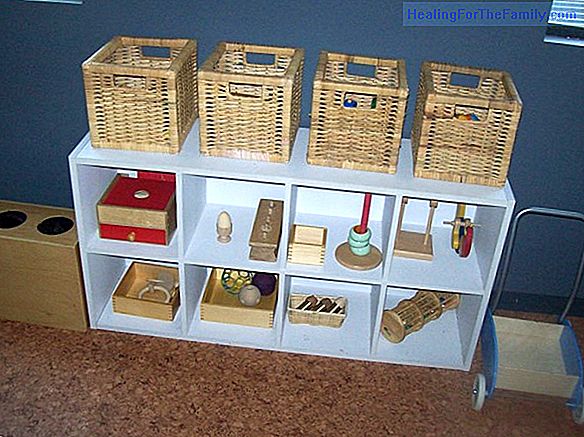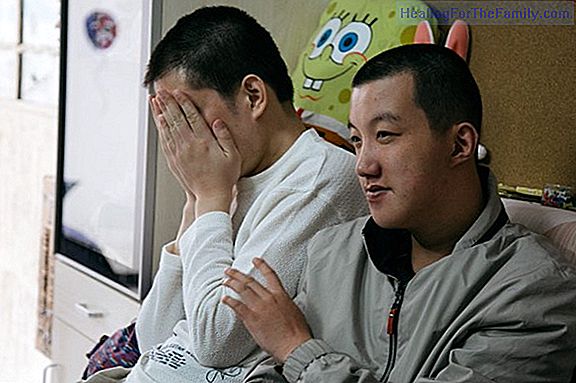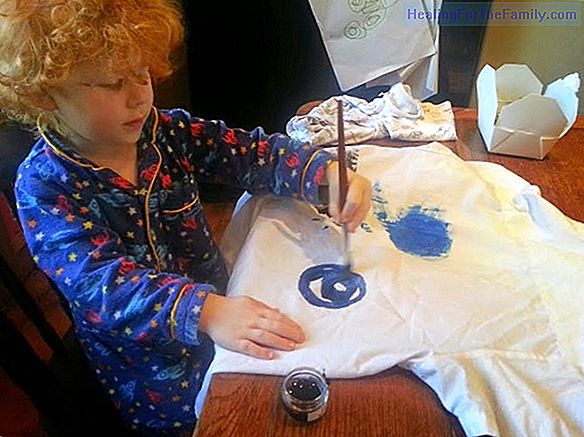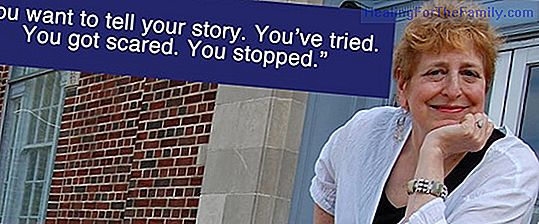Educate children in values: the value of forgiveness
Sometimes it is difficult and sometimes too simple to be honest. We speak of forgiveness in children, of the need to teach them to sincerely apologize, to recognize their error and to try to correct the damage. We talk about educating children in values, values as important as forgiveness. Why tea
Sometimes it is difficult and sometimes too simple to be honest. We speak of forgiveness in children, of the need to teach them to sincerely apologize, to recognize their error and to try to correct the damage. We talk about educating children in values, values as important as forgiveness.
Why teach children the value of forgiveness
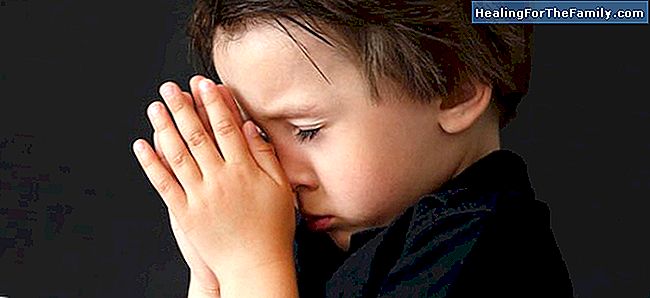
Some children soon discover the immediate effect of forgiveness and are busy repeating it each time they do something they should not. But those apologies are not sincere, but leave their need to settle the matter as soon as possible. Other children, on the other hand, feel shame, too much pride or too much fear of consequences to ask for forgiveness.
In both cases it is necessary to inculcate the value of forgiveness, explaining the reasons why apologies are necessary. Teaching children to ask for forgiveness is also teaching them values such as empathy, honesty and sense of responsibility. But the learning of forgiveness must be something gradual, practical and honest.
A child who knows how to ask for forgiveness, will know how to recognize their mistakes and also take responsibility for them. A child who knows how to apologize is, in addition, a child who will know how to forgive from the heart, who manages empathy and who will take into account the feelings of others. But as always happens in children's learning, the best lesson is the example of the parents.
How to teach children to ask for forgiveness
Younger children are not very aware that their actions can hurt others, so it is better to inculcate the value of forgiveness little by little. If your child breaks another child's toy, for example, you can emphasize the sadness or crying of that child who has run out of toys. The way to repair the error, will be to comfort him and provide another distraction.
In order for children to understand the need to ask for forgiveness, they must first learn to respect the limits. When you leave those limits is when you should apologize. We are the parents who must make them see the consequences of exceeding those limits without recreating ourselves in punishments or over-emphasizing their guilt because it could be counterproductive in the future to recognize their mistakes.
Neither should we force the child to ask for forgiveness if he refuses to do so. Sometimes we must be the ones who apologize in his name. But if the child refuses to apologize on all occasions, it is sure that we will need a good talk about empathy and coexistence. The best way to teach the child to ask for forgiveness is by example. Many adults also resist accepting your mistakes and apologizing. If the child sees that forgiveness is practiced in his home, it will be much easier for him to imitate him. Although it should be reminded that an apology is not enough, but
should be aware of the damage and not repeat it again. Laura Vélez . Editor of Guiainfantil.com


